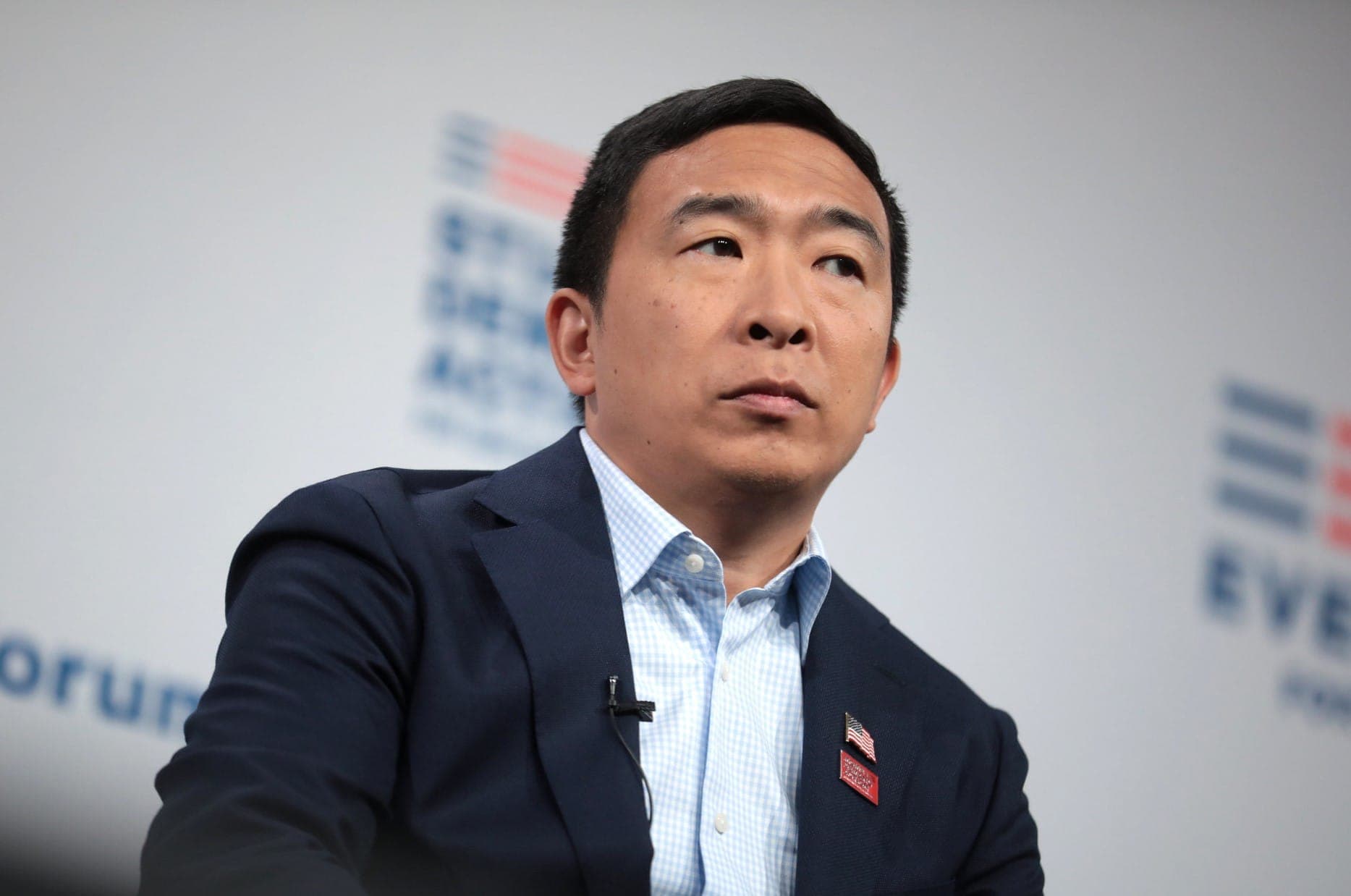4 Ballot Propositions That Should Concern Arizona Voters

Photo Credit: Marilyn Tran / Unsplash
The 2024 Arizona ballot will feature a complete overhaul in how elections are conducted in the state with Proposition 140. However, while the measure aims to create a fairer process, some propositions would have an opposite effect.
Proposition 140 would end partisan primaries in the state and replace them with a nonpartisan system that would be determined by the legislature, or the secretary of state should lawmakers not enact a new system.
LEARN MORE: The Independent Guide to 6 States (Plus DC) That Could Pass Fairer Elections in 2024
However, voters should be aware that there is a proposition that would enshrine a partisan primary system that bars the use of nonpartisan primaries and voters' ability to decide what election system works for them.
There are also propositions that would make the ballot initiative process more challenging for groups to get reform on the ballot -- attempts by the legislature to trick voters into giving up their rights.
Here are 4 propositions voters should be concerned about -- all of which were referred to the ballot by state lawmakers:
Proposition 133 - Required Partisan Primaries
Proposition 133 would do 3 things in particular.
One, it requires the use of partisan primaries for partisan offices; namely, offices in which candidates run with a party affiliation (i.e. state executive, legislative, and most elections in the state).
Two, it prohibits primary elections in which all voters and candidates, regardless of party, participate on a single ballot -- limiting both access and choice in the most critical stage of the elections process.
Three, it stipulates that the state's direct primary election law supersedes local ordinances that are inconsistent with the law, meaning cities and counties cannot decide what election system works best for them.
The last point would also affect the ability local governments have to use alternative voting methods like ranked choice voting or another new form of voting.
Proposition 134 - Creating A More Costly Initiative Petition Process
Proposition 134 makes significant changes to the ballot initiative process. Specifically, new requirements for how signatures to get initiatives certified for the ballot are distributed.
Under current law, signature gatherers need 10% of votes cast in the last gubernatorial election for new or reformed state statutes, and 15% of votes cast in the same election for constitutional amendments.
These signatures can come from anywhere in the state as long as the required total is met.
Proposition 134 changes this process by requiring 10% of the last gubernatorial vote in each legislative district for state statutes, and 15% in each district for constitutional amendments.
This type of signature distribution requirement is not unheard of in the US. Sixteen (16) of the 26 states with a citizen initiative process have some form of distribution requirement.
However, only 5 states have a distribution requirement for legislative districts and even less require petition signature gathers to meet the percentage requirement in ALL of the districts.
In Idaho, for example, citizen initiative campaigns need 6% of registered voters in 18 of the state's 35 legislative districts. A majority of the districts, but not all.
Prop 134 would raise the cost exponentially for any group looking to put an initiative on the ballot just to get the signatures the campaign needs for ballot access.
Proposition 136 - Earlier Legal Challenges to Initiatives
Proposition 136 would make it legal for any person to challenge citizen ballot initiatives in the superior court immediately after they are filed with the secretary of state.
In other words, even before initiative campaigns have to deal with the costs of signature gathering (which would be made worse with Prop 134), they could already be neck-deep in legal fees.
Ballotpedia reports:
"According to an analysis by the Arizona Legislative Council, 'Under the separation of powers doctrine embodied in Article III of the Arizona Constitution, the courts generally may not adjudicate challenges to the constitutionality of an initiative measure until after the initiative measure is enacted by the voters.'"
The purpose statement of the measure says it will allow the state Supreme Court to adjudicate the constitutionality of an initiative from the moment it is filed with the secretary of state.
However, citizen initiatives can already be challenged in court for a host of reasons. Just ask Make Elections Fair Arizona, which has had to defend Proposition 140 from multiple challenges from both sides of the partisan aisle.
Combined, Props 134 and 136 raise the costs of launching an initiative campaign to the point that intimidation would likely prevent many from moving forward with any type of proposed reform.
It hits these campaigns where it always hurts the most -- money and resources.
Proposition 137 - End Term Limits for State Judges
Proposition 137 would eliminate term limits and retention elections for Arizona Supreme Court justices and superior court judges -- essentially establishing lifetime appointments.
The proposition states that term limits will be replaced with "terms of good behavior." Retention elections would only be used in the event a justice or judge is convicted of a felony, of fraud, or declares bankruptcy / foreclosure.
A retention election could also be used at the determination of the Commission on Judicial Performance Review.
Catherine Sigmon, co-founder of Civic Engagement Beyond Voting, was quoted by Ballotpedia, explaining how the current system works:
"The merit system of judicial selection was instituted in Arizona in 1974 by a civilian initiative. It was put on the ballot and voted for by the people of Arizona. It was improved and reinforced in the 1990s. So, we have had this system of judicial retention, which is truly the gold standard in the nation. The merit selection process includes a bipartisan commission which recommends three or more justices to the governor to appoint. And then it also has a retention system that, that is a very important part of the whole process to allow the citizens of Arizona to also weigh in after a period of time on the bench."
In other words, judges are not elected to the bench. They are appointed by the governor from a list of candidates put together by a bipartisan commission. Retention elections determine if a new judge is needed.
Proposition 137 would largely remove voters from the equation altogether.
 Shawn Griffiths
Shawn Griffiths







